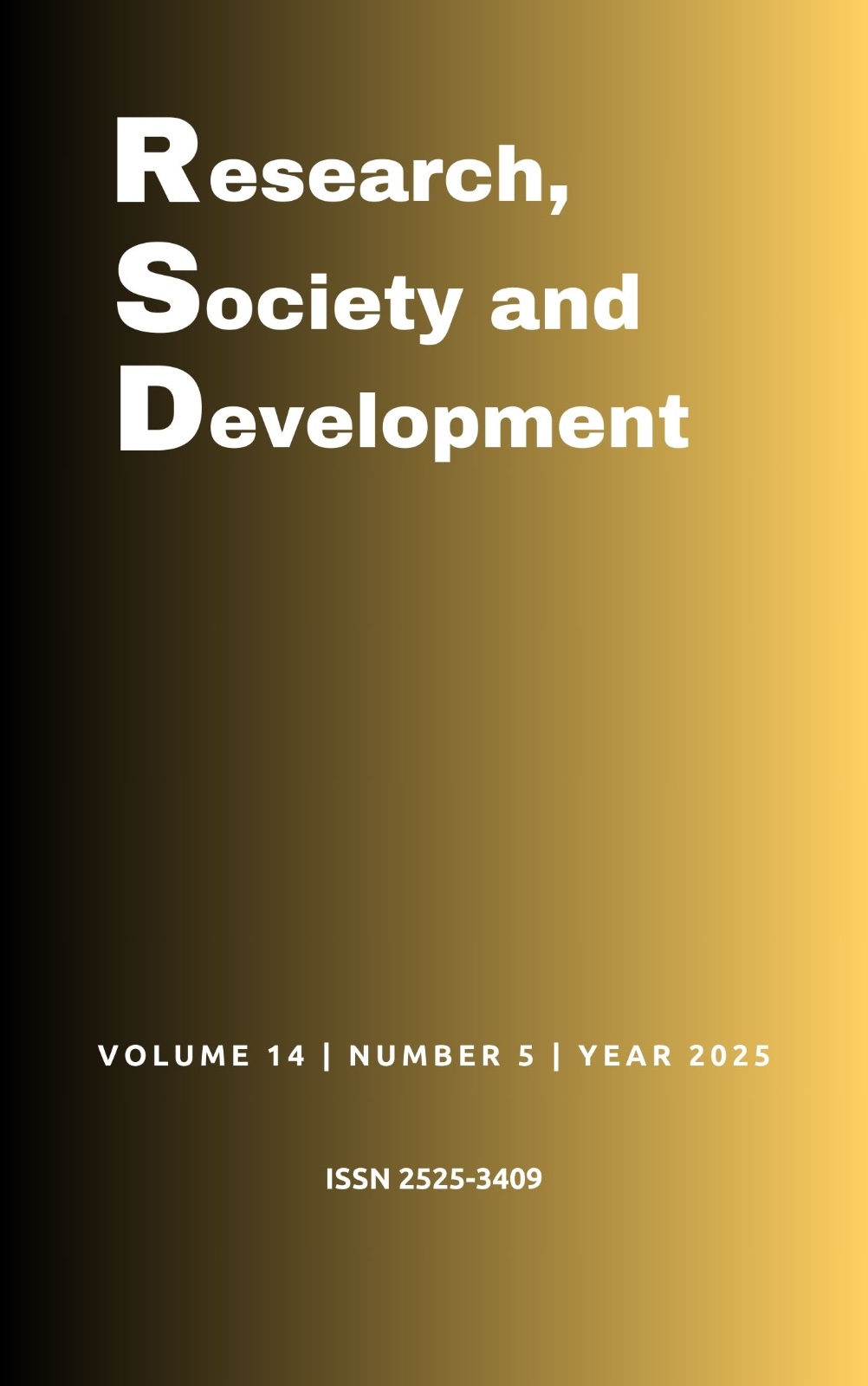Transformative learning for MBKM in Indonesia: An epistemology and alternative view
DOI:
https://doi.org/10.33448/rsd-v14i5.48091Keywords:
College education, Teaching and Learning, Active learning, MBKM, Transformative Learning, Indonesian Education.Abstract
This research aims to provide a transformative learning epistemology in the Merdeka Belajar Kampus Merdeka (MBKM) curriculum in Indonesia. This curriculum has been implemented since 2021. This curriculum allows university students to gain learning experience outside campus for three semesters. This curriculum is relevant to the concept of transformative learning. Epistemologically, students are not only required to understand the object being studied, but also, in their own way, find new perspectives and understanding of the object being studied. This research is qualitative research using a philosophical perspective, especially in the epistemological aspect. Epistemology studies aim to look for things related to knowledge, such as sources of knowledge, processes, criteria for truth and validation. This research concluded that transformative learning and MBKM are philosophically related, especially with regard to human ontology as free being. Freedom learning is well adopted in transformative learning strategies. In this strategy, the role of the lecturer is only to present the object of knowledge, create an actual atmosphere, and then let students discover knowledge in their own way. In implementing MBKM, this transformative learning strategy still has several challenges, including: student learning habits that still depend on lecturers or data sources, and lecturers' lack of knowledge about techniques for implementing transformative learning. However, overall, this transformative learning strategy is very suitable to be applied in higher education, because as adult learners, students must be able to use their minds and reasoning to gain knowledge and understanding in their own way.
Downloads
References
Arno, B., Kotzmann, E., & Oberheber, U. (2014). Basic Questions About Metaphysics of Technology : Spengler , Heidegger , G ? Nther. 7(2), 143–158.
Audi, R. (2023). Epistemology: An Introduction to the Theory of Knowledge, Epistemology: An Introduction to the Theory of Knowledge. Routledge.
Baderiah. (2018). Buku Ajar Pengembangan Kurikulum, Lembaga Penerbit Kampus IAIN Palopo. Lembaga Penerbit Kampus IAIN Palopo.
Christie, M., Michael, C., Ann, R., & Peter, G. (2015). Putting Transformative Learning Theory into Practice. Australian Journal of Adult Learning, 55(1), 9–30.
Dreyfus, H. L. (2006). Being-in-the-World Volume I. 1–192.
Fowle, W. (1991). Pathways to Transformation: Supporting Adult Learners: Personal Transformations Through Transformative Learning Theory.
Franz, B. (n.d.). Descriptive Psycology.
Heidegger, M. (2019). Being and Time’, The Meaning of Heidegger. a Critical Study of an Existentialist Phenomenology. 21–68.
Holdo, M. (2023). Critical Reflection: John Dewey’s Relational View of Transformative Learning. Journal of Transformative Education, 21(1), 9–25.
Hošman, M. T., & Baldwin, R. (2020). The Globotics Upheaval: Globalisation, Robotics, and the Future of Work. Czech Journal of International Relations, 55(2), 65–69.
Ihde, D. (2010). Heidegger’s Technologies: Postphenomenological Perspectives, Heidegger’s Technologies: Postphenomenological Perspectives,
Linnenluecke, M. K., Mauricio, M., & Abhay K. Singh. (2020). Conducting Systematic Literature Reviews and Bibliometric Analyses. Australian Journal of Management, 45(2), 175–194.
Liu, K. (2020). Critical Reflection for Transformative Learning, Critical Reflection for Transformative Learning,
Meerts-Brandsma, L., & Jim, S. (2021). Considering Transformative Learning for Adolescents Enrolled at Semester Schools. Journal of Transformative Education, 7–28.
Mezirow, J. (2020). Transformative Dimensions of Adult Learning.
Miller, J. P. (1943). Meditation in Education and the Workplace Second Edition,.
Nurdin, S. (2014). Model Kurikulum Miller-Seller Dan Pengembangannya. Jurnal Al-Fikrah, 2(1), 19–26.
Pajriani, T. R., Nirwani, S., Rizki, M., Mulyani, N., Ariska, T. O., & Alom Harahap, S. S. (2023). Epistemologi Filsafat. PRIMER : Jurnal Ilmiah Multidisiplin, 1(3), 282–289.
Phillips, B. (2019). Learning by Going: Transformative Learning through Long-Term Independent Travel, Learning by Going: Transformative Learning through Long-Term Independent Travel.
Qutoshi, S. B. (2018). Phenomenology: A Philosophy and Method of Inquiry. Journal of Education and Educational Development, 5(1).
Siegel, H. (2018). Epistemology of Education. Routledge Encyclopedia of Philosophy, 1–21.
Singer-Brodowski, M. (2023). The Potential of Transformative Learning for Sustainability Transitions: Moving beyond Formal Learning Environments. Environment, Development and Sustainability.
Surahman, S. (2023). Transformative Learning Management as A Learning Solution in MIS Islamiyah Muhammadiyah Walikukun Ngawi. AL-ISHLAH: Jurnal Pendidikan, 15(1), 363–372.
Vattimo, G., & Robert T. Valgenti. (2016). The Age of the World Picture of Reality.
Waston. (2016). Pemikiran Epistemologi Amin Abdullah Dan Relevansinya Bagi Pendidikan Tinggi Di Indonesia. Profetika: Jurnal Studi Islam, 17(1), 80–89.
Downloads
Published
Issue
Section
License
Copyright (c) 2025 Ari Abi Aufa; Zumrotul Fauziah

This work is licensed under a Creative Commons Attribution 4.0 International License.
Authors who publish with this journal agree to the following terms:
1) Authors retain copyright and grant the journal right of first publication with the work simultaneously licensed under a Creative Commons Attribution License that allows others to share the work with an acknowledgement of the work's authorship and initial publication in this journal.
2) Authors are able to enter into separate, additional contractual arrangements for the non-exclusive distribution of the journal's published version of the work (e.g., post it to an institutional repository or publish it in a book), with an acknowledgement of its initial publication in this journal.
3) Authors are permitted and encouraged to post their work online (e.g., in institutional repositories or on their website) prior to and during the submission process, as it can lead to productive exchanges, as well as earlier and greater citation of published work.


